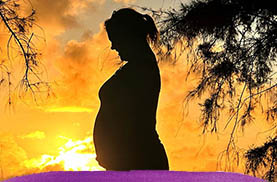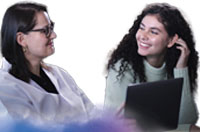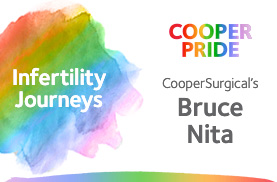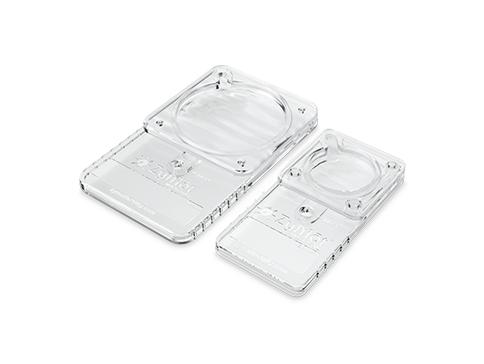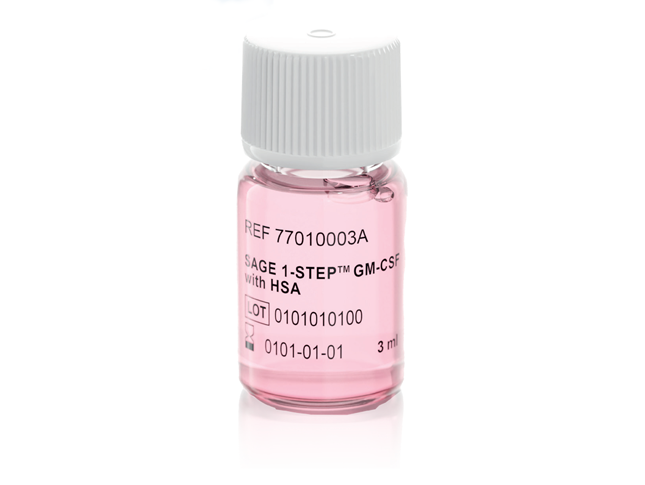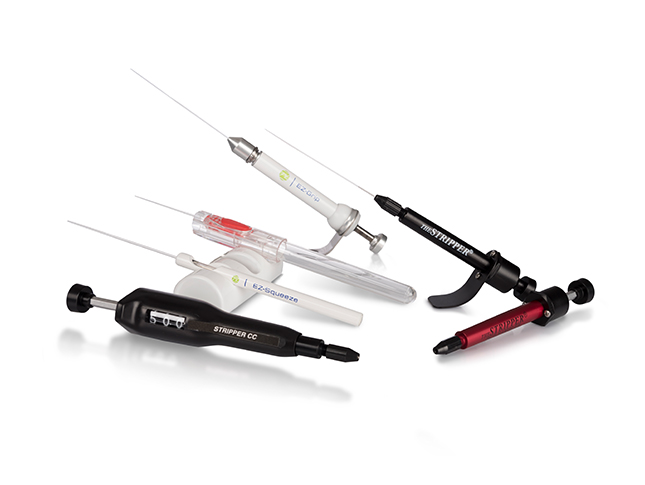Michelle North, General Manager Australia & New Zealand, CooperVision, shares her own infertility journey this #NIAW2024
I was diagnosed with polycystic ovarian syndrome (PCOS) in my mid-teens, and at that time the doctor told me if I ever wanted to have kids it would likely be difficult for me. Being a teenager, I didn’t worry about it at the time. Life went on and things were good. However, after meeting my husband, getting married, and having come from a large and close family, I really wanted that for my husband and me. So, we embarked on the journey of becoming parents.
It was evident early on that things weren’t going to happen naturally for us. It was upsetting, as I had been optimistic that I would be one of the lucky ones to fall pregnant naturally because I lived a healthy lifestyle, I wasn’t overweight, and I was relatively young (30 years of age). But it wasn’t to be that way; I would need help. I was the one with the problem and the reason my husband and I might not be able to have children.
To add to the feelings of helplessness and feeling like an outcast, most of my friends had one or two kids by then. They had not experienced fertility issues, and all they ever talked about was their children. Some of them even went as far as saying that perhaps I wasn’t meant to have children and I shouldn’t turn to medicine if it wasn’t happening naturally.
I felt like something was wrong with me. I had been successful in achieving most things I’d wanted in life until then…but I couldn’t fall pregnant. I felt like a failure. I didn’t want to socialize with anyone who had kids. I isolated myself, threw myself into my career and work, and most of all, I felt like a failure to my husband. I felt so much pressure at this point, since my husband was adopted as a baby, so he had never known a blood relative, and I was so sad I couldn’t give him that. I put so much pressure on myself that I nearly walked away from my marriage over it so he could find someone who could give him that.
Thankfully we stuck together, and we started the path to assisted pregnancy. I tried one medication for around six months, did a round of intrauterine insemination (IUI), and then finally went to IVF. It was an emotional rollercoaster of disappointment after disappointment. It was exhausting – both physically and emotionally. But it was all I could control. It’s what I had to do if we wanted children.
Thankfully my story had a happy ending. IVF worked, and I had a beautiful little girl named Isabel, who is now 13 years old. I went on to do another round of IVF after two unsuccessful frozen embryo transfers and became pregnant with my youngest daughter, Brianna, who is now 11 years old. My husband gave up his corporate career and raised both girls full-time for most of their lives until now, while I went back to work. He has an amazing relationship with both girls. And he finally has two little people that have a genetic connection in his family circle and who looked just like him in their baby photos.
I am so lucky to walk away from IVF with two healthy girls. Falling pregnant doesn’t come easy for everyone. Let’s all be mindful of that and respect that people deal with infertility problems differently – some are more transparent (like me), and others don’t want to share their journey, and that’s their choice that we need to respect.
And for those of you out there experiencing fertility challenges, I’ve experienced and understand the burden it places on our body and our mind. My advice would be to focus on what you can control, don’t be too hard on yourself, seek out a good support network and be open with people you trust in your workplace and friendship circle. As they say, a problem shared is a problem halved.


